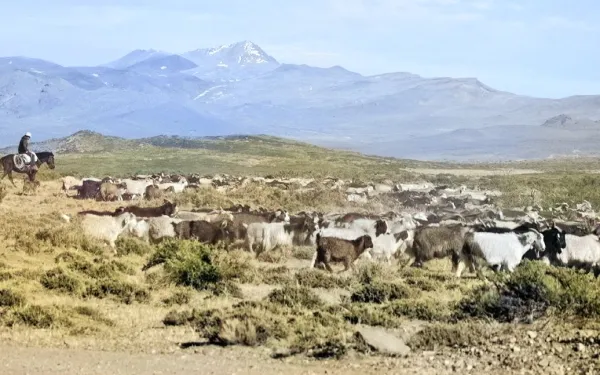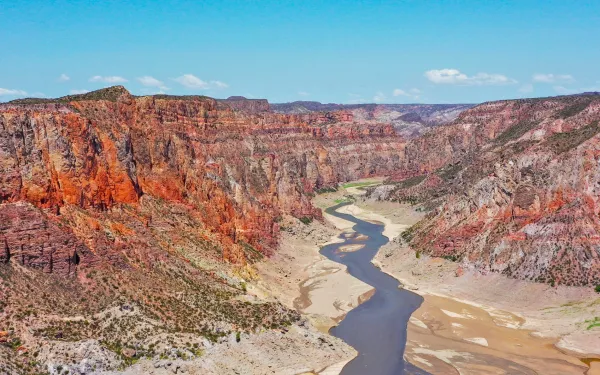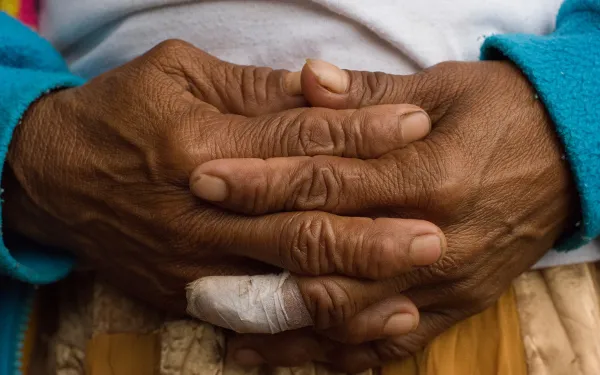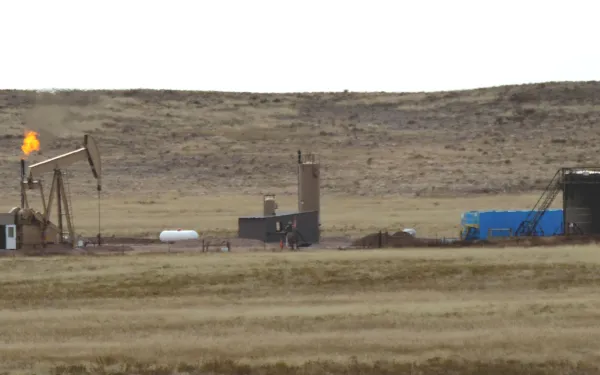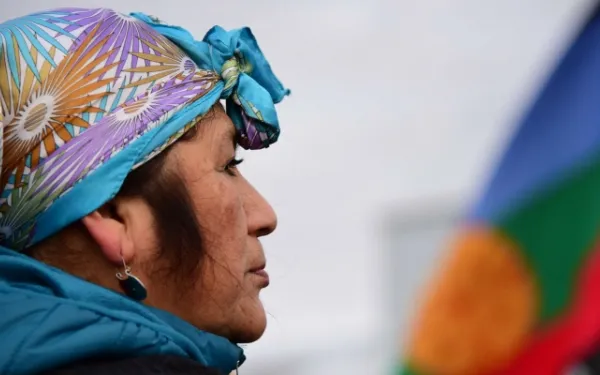
Offshore drilling: Resisting a growing threat in Latin America
Offshore drilling is expanding in Latin America and the Caribbean as part of a government and business strategy implying the continuity of the oil and gas industry, despite the role of fossil fuels in aggravating the global climate crisis. The advance of offshore hydrocarbon activity also risks serious damage to the ocean—our planet's greatest climate regulator—the vast biodiversity it harbors, and to the livelihoods of coastal communities. Worldwide, offshore areas represent 30 percent of total hydrocarbon reserves and are concentrated in surface waters up to 125 meters deep, according to academic research. The United States, Mexico, Norway, Brazil and Saudi Arabia are the main producers, accounting for 43 percent of the world total. The current expansion of drilling in Latin America is tending towards extremes with greater environmental complexity, in ultra-deep waters, with wells that exceed 1,500 meters in depth. The authorization of new offshore drilling projects deepens dependence on the use of fossil fuels, representing a step backwards in global efforts to avoid global warming with catastrophic consequences. It also constitutes an obstacle in the transition towards sustainable energy systems, based on renewable sources and respectful of people and the environment. However, there are cases in the region that demonstrate a growing collective resistance to the blind advance of offshore drilling projects. With the help of strategic litigation and citizen participation, these cases are creating an opportunity to set important precedents at national and international levels for the protection of the environment, the climate and human rights from the damages caused by offshore drilling. In defense of the Argentine Sea In May 2019, the Energy Secretariat awarded several companies a total of 18 areas (225,000 square kilometers of surface area) in the Argentine Sea—a sector of the Southwest Atlantic Ocean—for the search for gas and oil. In December 2021, the Ministry of Environment and Sustainable Development authorized a seismic exploration project in three of the awarded areas, located off the coast of the province of Buenos Aires, about 300 kilometers from the beaches of Mar del Plata, one of the country’s most popular beaches. The project includes the drilling of an exploratory well, and is being managed by the Norwegian state-owned company Equinor, the Argentine YPF and the Anglo-Dutch Shell. The governmental decision has been questioned and rejected by the scientific community and by the assemblies of several coastal cities. In January 2022–in view of the threats to biodiversity, climate and local economies posed by the prospecting and possible exploitation of hydrocarbons off the Argentine coast—scientific groups and environmental organizations filed a class action lawsuit before a Federal Court in Mar del Plata against the Argentine State, the Ministry of Environment and the Secretariat of Energy, requesting the nullity of the resolution authorizing the seismic exploration project and the process by which the 18 areas of the Argentine Sea were licensed off. The lawsuit was followed by protests in the streets and other actions, which have swelled into an ongoing legal battle. In February 2022, the court temporarily suspended seismic exploration through a precautionary measure. However, in December of that year, the Court of Appeals lifted that suspension. This decision was appealed before the Supreme Court of Justice, which has not yet ruled on the matter. Moratorium at risk in Belize In October 2017, the government of Belize established by law a permanent moratorium on oil activity in its maritime zone. This occurred after an informal referendum organized by environmental groups in 2012 resulted in 96 percent of participants voting against oil activity; and after the global outrage generated in October 2016 by the government's decision to allow seismic testing for oil exploration just one kilometer away from the Belize Barrier Reef, one of the most diverse ecosystems in the world. However, offshore hydrocarbon exploitation is still a risk for the Caribbean nation. In 2022, the Prime Minister expressed the government's willingness to allow seismic exploration without lifting the moratorium. In view of this, organizations dedicated to environmental protection seek to reinforce the prohibition by forcing a referendum on whether or not to lift the moratorium. Court victory in Guyana In Guyana, since the early 2000s there have been reports of discoveries of large offshore oil and gas reserves in the so-called Guyana Suriname Basin. Guyana is the South American nation with the most oil reserves discovered in the last decade, and has decided to expand its gas reserves as well. Offshore gas production in Guyana has also been the subject of controversy due to environmental and safety concerns. Recently, a court decision rejected an attempt by multinational ExxonMobil and the government to dissolve the written commitment that obliges the company to bear all cleanup, restoration, and damage compensation costs of any oil spill in its offshore operations. The judge in the case found that ExxonMobil is in violation of the permit issued to the Liza 1 project—which requires financial guarantees in case of oil spills and accidents—and that Guyana's environmental regulators are not enforcing the terms of the permit. Biodiversity and climate defense Carrying out offshore hydrocarbon exploration and/or exploitation projects may involve the violation of international commitments, including those undertaken by States under the Convention on Biological Diversity, the UN Convention on the Law of the Sea and the Convention on Migratory Species. Offshore seismic exploration generates sounds at levels far in excess of natural levels. Many of these overlap with the hearing and vocalization ranges of marine species (mammals, turtles, fish, diving birds and others). This can cause serious injuries, long-term physical and physiological effects and even death, explains Pablo García Borbroglu, expert and leader of the Global Penguin Society, while affirming that it can also lead to a reduction in fishing activity. The impacts of the drilling are not limited to the exploited area, but affect the entire sea and all the species that inhabit it, aggravating the precarious situation of a large number of already threatened or endangered species. The expansion of the offshore industry also implies nations are failing to comply with global commitments to reduce their greenhouse gas emissions, or adopt measures aimed at the management of key ecosystems such as marine areas, both contained in the UN Framework Convention on Climate Change and the Paris Agreement. The cases described above, which bring together diverse voices under a common cause, have the potential to establish precedents that will force States to take responsibility for the possible environmental and social consequences of endorsing harmful industries such as offshore hydrocarbons. They are key opportunities for courts and other decision-making bodies to set exemplary precedents for the hemisphere in the protection of the environment and human rights, especially in the face of the global climate and biodiversity crises.
Read more
